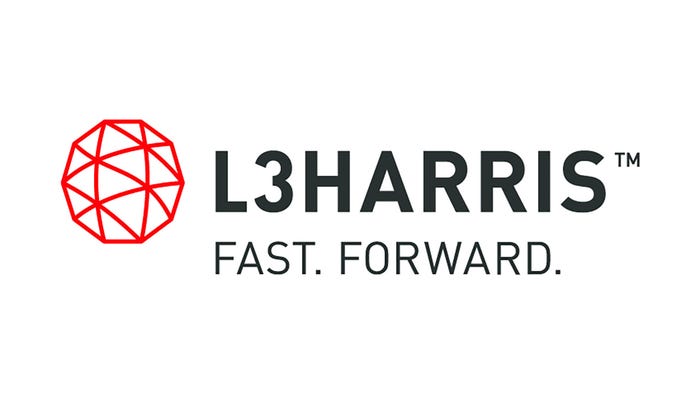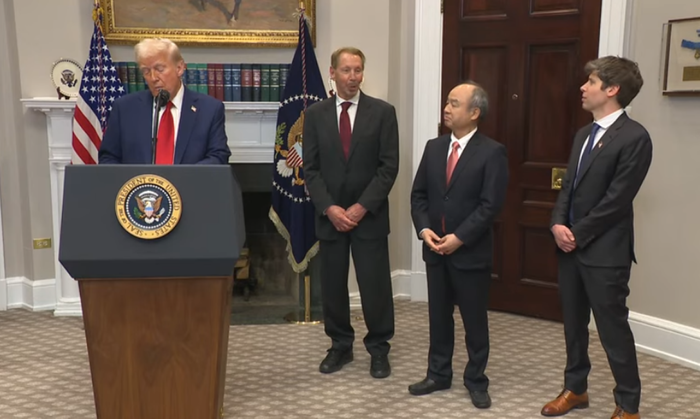NATO issues quantum-technologies strategyNATO issues quantum-technologies strategy

NATO has published a strategy to prepare member nations for the positive and negative outcomes of the revolutionary shift that advances in quantum technologies might bring. These include quantum computing, sensing, imaging, positioning, navigation and timing, communications, modeling and simulation.
The document says that the advances will have far-reaching implications for economies, security and defense but could “degrade the alliance’s ability to deter and defend.” It will introduce an element of strategic competition, potentially offering NATO members a strategic advantage but risking that competitors and potential adversaries could instead take the lead.
NATO also intends to create a transatlantic forum for quantum technologies in defense and security and aims to engage with the wider quantum ecosystem, which it says is essential for maintaining a strategic advantage and closing the skills gap.
The alliance added that it aims to achieve its goals in a responsible way, covering data privacy, anticipation of international norms development and sustainability.
From a cybersecurity perspective, NATO suggests quantum technologies present a double-edged impact, benefiting both the defensive and the offensive side. Quantum encryption and networking would enable organizations to better protect their data and communications while enabling them to detect and block potential incursions in cyberspace. However, it warns that a sufficiently powerful quantum computer would also have the ability to break current cryptographic protocols.
NATO identified the following desired outcomes of its quantum strategy to support its ambition to become quantum ready:
To read the complete article, visit IoT World Today.



